EQUI-FEM (Multivitamin-Mineral & Female Hormone Support)
*** Please Login or Register with DC Nutrition to see Prices and Add To Cart. ***
Login | Create An Account / Register
Equi-Fem is a source of vitamins, minerals and glandular components known to support female endocrine function. It is a source of B vitamins, magnesium, zinc, and so forth, in a base of Dong Quai and Black Cohosh. You would use Equi-Fem with symptoms of PMS, menopausal symptoms, hot flashes, and for general female support. Use two tablets, three times a day with meals. For hot flashes, we have found that it is more effective if you use Equi-Fem with B12/Folate Plus at one tablet, three times a day and Black Currant Seed Oil at two capsules, three times a day. If the hot flashes are severe, you can add Liquid Iodine at 15 to 20 drops a day. In some cases, the amount of iodine that is in Equi-Fem may not be enough to get the job done.
Remember, the symptoms of menopause are usually self-limiting. No matter what you do, you generally will get past the symptoms sooner than later. Our objective is to improve your health by balancing the hormones and in so doing, eliminate the symptoms.
PRODUCT DESCRIPTION
EQUI-FEM
**Each six (6) tablets supply:
Vitamin A (palmitate) 12,500 I.U.
Vitamin E (d-alpha tocopheryl acetate) 100 I.U.
Vitamin D3 (cholecalciferol) 400 I.U.
Vitamin K1 35 mcg
Vitamin B1 (thiamine mononitrate)25 mg
Vitamin B2 (riboflavin) 25 mg
Vitamin B6 (pyridoxine HCL) 300 mg
Vitamin B12 (resin bound) 65 mcg
Niacinamide 25 mg
Folic Acid 400 mcg
Biotin 300 mcg
Pantothenic Acid 50 mg
Choline Bitartrate 300 mg
Inositol 25 mg
Para-Amino Benzoic Acid (PABA)25 mg
Vitamin C (magnesium ascorbate)1,500 mg
Citrus Bioflavonoids 250 mg
Calcium (citrate) 125 mg
Magnesilue=28ascorbate) 250 mg
Iodine (from kelp) 75 mcg
Iron (gluconate) 18 mg
Copper (gluconate) 2 mg
Zinc (gluconate) 25 mg
Manganese (gluconate) 10 mg
Potassium (chloride) 99 mg
Selenium (vegetable source)50 mcg
Molybdenum (vegetable source)10 mcg
Coenzyme Q10 1 mg
FRAC 15 mg
Tyrosine 50 mg
Betaine HCL 100 mg
Amylase 20,000 NF Units
Protease 20,000 NF Units
Lipase 1,600 NF Units
Ovarian Bovine Tissue 50 mg
Uterine Bovine Tissue 50 mg
Neonatal Bovine Adrenal Complex 10 mg
Neonatal Bovine Pituitary/Hypothalamus Complex 10mg
Superoxide Dismutase150 mcg
Catalase 150 mcg
Equi-Fem is prepared in an herbal base of Dong Quai and Black Cohosh.
SUGGESTED USE: Two (2) to six (6) tablets each day as a dietary supplement or as otherwise directed by a health care professional.
Contains: 126 Tablets; 252 Tablets
Product #: 5305; 5306
NDC: 55146-05305; 55146-05306
ADDENDUM
Premenstrual Syndrome (PMS) consists of several different symptoms that occur 7 to 10 days before menstruation. The most common symptoms are irritability, bloating, aggressiveness, mastodynia and headaches. PMS is more prevalent among woman working outside the home, alcoholics and women with toxemic tendency. It is probably familial. The cause of PMS is as unclear to us now as it was to Dr. Frank, who first described it in 1931. Some of the possible etiologic factors include progesterone deficiency, prolactin excess, thyroid hypofunction, antidiuretic hormone excess, endorphin activity alterations, serotonin metabolism alterations, prostaglandin action and vitamin deficiency. During the middle age of a woman's life cycle, several health changes and problems may occur. Therefore, middle aged women must manage their health and maintain quality of life by coping with bodily changes. Physiologic changes, directly related to menopausal hormone changes, often impact sexual function, both directly and indirectly. The findings of one study support the relationship between a prior history of PMS and a more problematic menopause transition.
VITAMIN SUPPORT
Vitamin B6 is required in the synthesis of neurotransmitters (serotonin from tryptophan and dopamine from tyrosine). It is also needed for the processing of essential fatty acids to prostaglandins.
Vitamin B6 has been shown to significantly benefit premenstrual symptoms (feelings of depression, irritability, and tiredness), when given 50 to 100 mg daily In one study, the nutritional state of 11 women with PMS was evaluated. There was laboratory evidence of significant deficiencies in vitamin B6 and magnesium which improved with vitamin/mineral supplementation.
Vitamin C is essential in the synthesis of the connective tissue proteins, collagen and elastin. In addition, it can regenerate vitamin E as well as quench free radicals.
Vitamin E is the premier lipid soluble antioxidant. Vitamin E may help with the normal functioning of the reproductive tract. In a double blind placebo controlled study a significant improvement in certain affective and physical symptoms was noted in subjects supplemented with vitamin E. In another study, 75 women presented with symptoms of PMS which was scored by a written questionnaire, showed marked improvement after being supplemented with vitamin E for two months (based on the completion of a second questionnalre).
Coenzyme Q10 functions in the mitochondrial electron transport chain for ATP production and is able to regenerate alpha tocopherol from its radical.
Folic Acid is a member of the B complex family necessary in the production of red blood cells. Study results indicate that marginal folate deficiency may alter DNA composition and that the suggested RDA may not be sufficient to maintain low homocysteine concentrations of some postmenopausal women.
Vitamin K helps stimulate osteocalcin, which is a bone protein, undergo carboxylation. This process results in carboxyl groups saturating osteocalcin, which can help strengthen bones. Researchers found that women who had daily intakes of at least 109 mcg of vitamin K were 30% less likely to suffer hip fractures than those who consumed less.
MINERALS
Calcium is needed for normal hormone production, neurotransmitter action and smooth muscle responsiveness. In one study healthy, premenopausal women were screened for moderate to severe cyclically recurring premenstrual symptoms. Participants were randomly assigned to receive 1200 mg of elemental calcium per day or placebo for three menstrual cycles. All symptoms were significantly reduced by the third supplement cycle.
Magnesium is especially required as a catalyst for many intracellular enzymatic reactions, particularly carbohydrate metabolism. Low magnesium concentration is associated with increased irritability of the nervous system, peripheral vasodilation and cardiac arrhythmia.
One study showed that within 2 to 4 months of supplementation with magnesium, there was significant improvement in premenstrual mood changes. Another study, in which plasma and erythrocyte magnesium was measured in 105 patients with PMS showed the erythrocyte magnesium concentration for the patients with PMS was significantly lower than that of a normal population. However, the plasma magnesium did not show this difference indicating an apparent cellular deficiency of magnesium.
Manganese. Premenstrual symptoms (mood and pain) have been shown to respond to manganese supplementation.
FRAC. FRAC is the trade mark of Biotics Research Corporation. FRAC supplies a natural source of plant sterols and soluble ferulic acid. Ferulic Acid is believed to be the most active component identified in Gamma Oryzanol. Clinical studies have shown marked improvement of menopausal symptoms when given Gamma Oryzanol.
HERBAL SUPPORTS
Black Cohosh (Cimicifuga racemosa) may be an alternative to estrogen replacement for those patients in whom estrogen replacement therapy is either refused or contraindicated. Black cohosh was widely used by the American Indians and later by American colonists for the relief of menstrual cramps and menopause. It has been suggested that the use of black cohosh may be of benefit in dysmenorrhea and menopausal symptoms.
Dong quai (Angelica Sinensis) has been shown to tone the blood and regulate the menses. It is commonly used for blood deficiency associated with menstrual disorders such as irregular menstruation, amenorrhea, and dysmenorrhea. As early as the 1920's the effect of dong quai on the uterus was a subject of research. In some studies, using direct measurement of the myometrium, administration of dong qual enabled the contractions of the uterus to become more regular. The herb does not appear to have any estrogenic effect.
GLANDULAR SUPPORT
Neonatal pituitary/hypothalamus. The hypothalamus is in charge of many functions, two of which are regulation of body water and regulation of uterine contractibility. Almost all secretion by the pituitary is controlled by either hormonal or nervous signals from the hypothalamus. The anterior pituitary secretes follicle-stimulating hormone (FSH), and luteinizing hormone (LH) that are known to be essential for full function of the ovaries. The ovaries produce two types of sex hormones which are estrogens and progestins. The most important estrogen is the hormone estradiol and the most important progestin is progesterone. The estrogens mainly promote proliferation and growth of specific cells in the body and are responsible for the development of most secondary sexual characteristics of the female. On the other hand, the progestins are concerned almost entirely with the final preparation of the uterus for pregnancy and the breast for lactation.
The adrenal glands are composed of two distinctive parts, the adrenal medulla and the adrenal cortex. The adrenal medulla is functionally related to the sympathetic nervous system; it secretes the hormones, epinephrine and norepinephrine in response to sympathetic stimulation. The adrenal cortex secretes two major types of adrenocortical hormones, the mineralocorticolds and the glucocorticolds. The mineralocorticolds have gained this name because they especially effect the electrolytes of the extracellular fluids - sodium and potassium.
The glucocorticolds have gained their name because they exhibit an important effect in increasing blood glucose concentration.

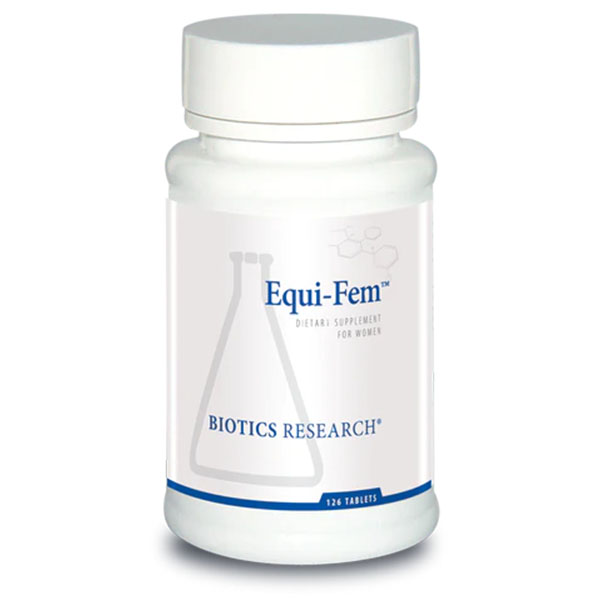
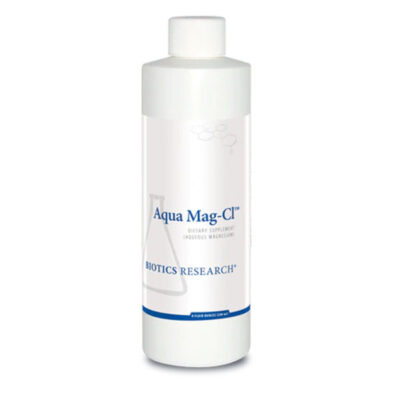
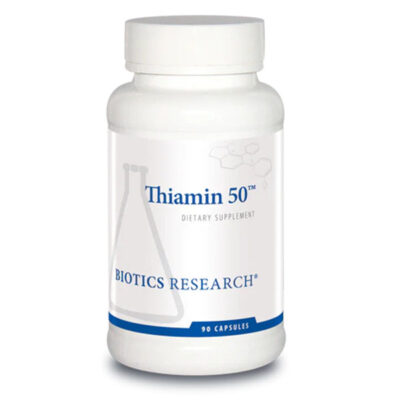
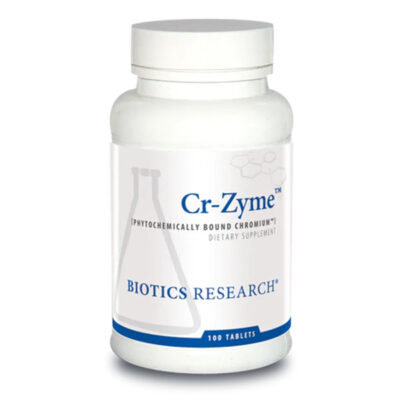
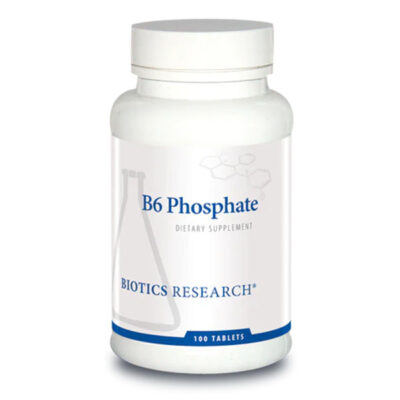
Reviews
There are no reviews yet.